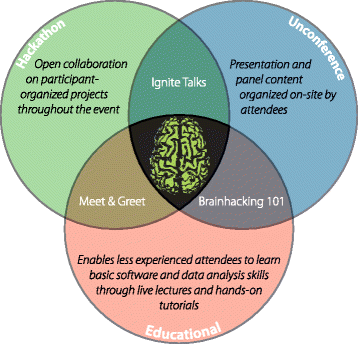About Brainhack Finland 2018
Share Ideas

Share your research and curiosity with other neuroimaging and computer science researchers.
Build Projects

Try the presented tools on provided data or bring your own tools/data!
Be social

Brainhack Finland is a speed-dating event between neuroscientists and computer scientists in Finland.
Learn Tools

Learn about brain imaging data and how to apply the latest computational tools to your data.
Unconference talks
Riitta
Hari

Prof. Em. Riitta Hari has pioneered the use of magnetoencephalography for studying sensory processing and motor control in healthy subjects and patient groups, with a main interest in the dynamics of human brain functions in naturalistic conditions. She will challenge our views during the unconference by sharing with us the unsolved questions of neuroscience.
Lauri
Parkkonen

Prof. Lauri Parkkonen has been developing instrumentation and analysis tools for MEG since early 1990's and has an impressive knowledge of the most intricate MEG details. He will share his views on the current limitations of brain imaging methods and in which direction neuroimaging should be going next
Arto
Klami

Prof. Arto Klami is an expert on statistical machine learning and artificial intelligence. His main focus is in Bayesian modeling of complex data collections. He will talk about how well 'brain reading' works nowadays and what novel approaches could be used in studying the brain and its functions.
Ignite talks
Anna
Alexandrou

Enrico
Glerean
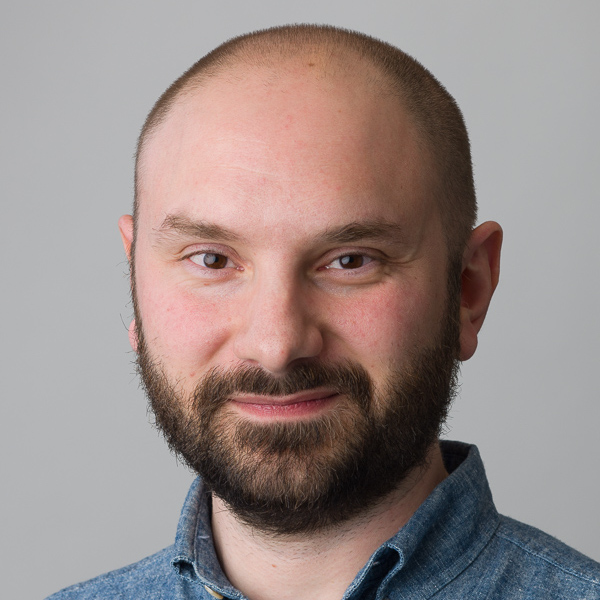
Mikko
Kivela
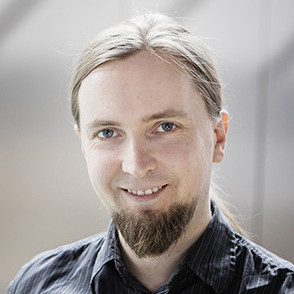
Emilia
Oikarinen

Juho
Piironen
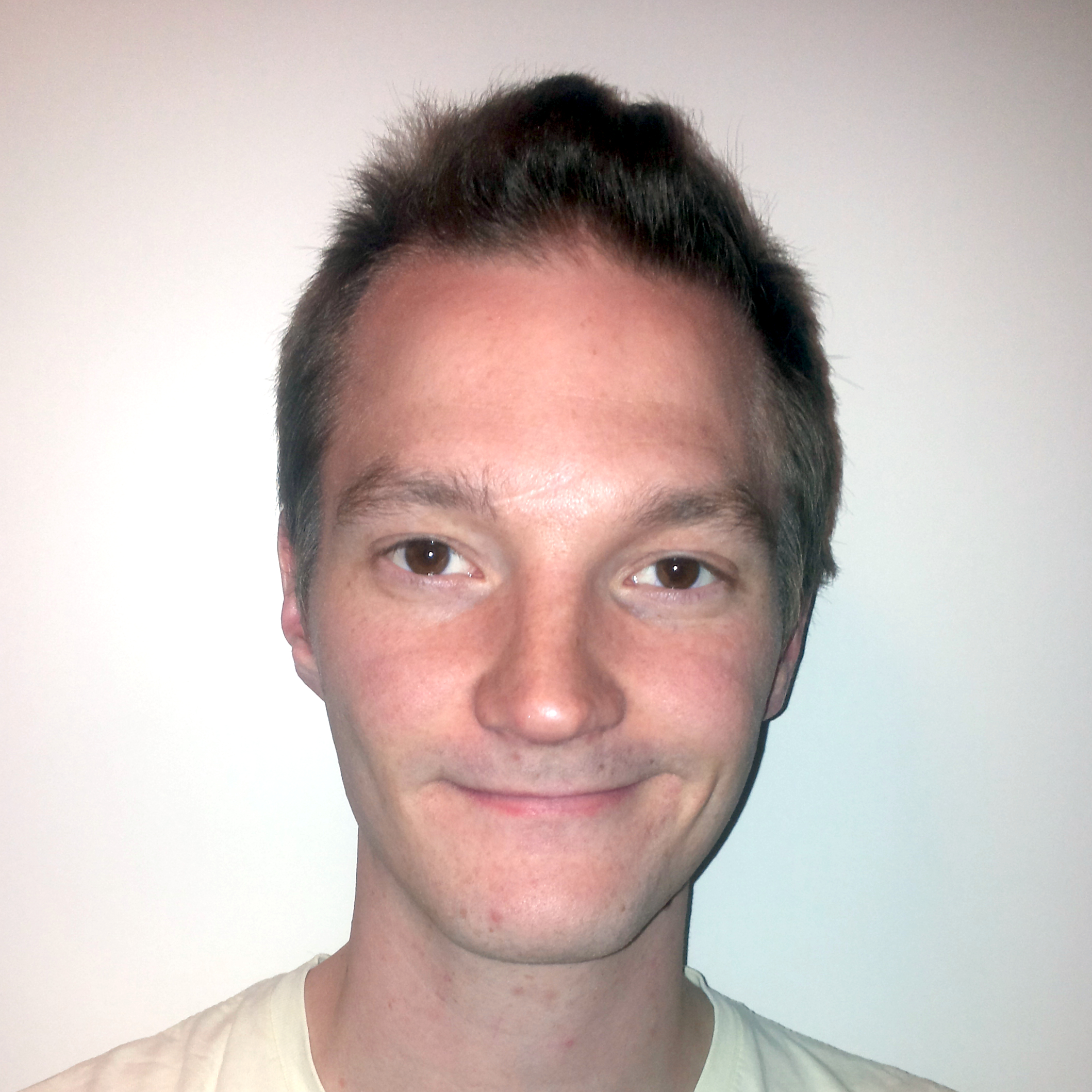
Kai
Puolamaki
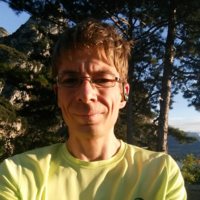
Marijn
van Vliet
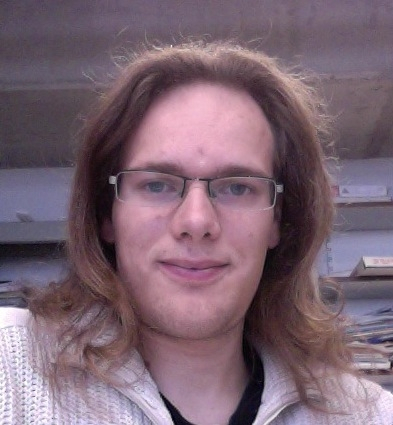
Alexander
Zhigalov
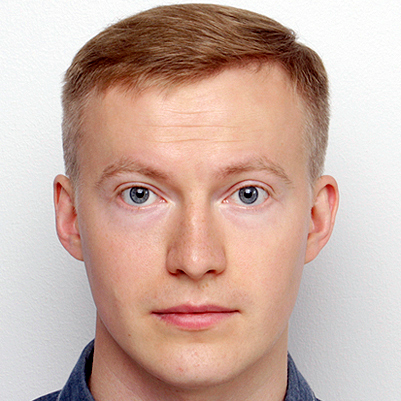
2nd May Morning
Registration with free coffee and pulla
The best time to start talking with others
Unconference
This session will give us different insights on current approaches and limitations in neuroscience. You can find a link to the recorded stream here.
-
prof. em. Riitta Hari (Aalto University) We know about the brain almost everything, except how it works. So what?
-
prof. Lauri Parkkonen (Aalto University) The unseen in brain imaging
-
prof. Arto Klami (University of Helsinki) Machines reading minds -- can AI really do that?
Ignite Talks
Ignite talks are 5 minutes (exactly 5 minutes!) presentations where each presenter will pitch the audience for a method or an idea to be used in the hackathon part
-
prof. Mikko Kivelä (Aalto University) The multilayer networks framework
-
Anna Alexandrou (Aalto University) Detecting the cortical source of MEG data: Dynamic Imaging of Coherent Sources
-
prof. Kai Puolamäki & Emilia Oikarinen (Aalto University) Human-guided visual data exploration: how to find the one needle that you want in a haystack
-
Marijn van Vliet (Aalto University) Monkey-patching linear models: boosting performance by injecting prior knowledge
-
Juho Piironen (Aalto University) Model selection with Stan
-
Alexander Zhigalov (Aalto University) Uncovering neuronal sources using independent component analysis
-
Enrico Glerean (Aalto University) Brain imaging: open datasets and open challenges
Lunch break
Free lunch only for registered participants
2nd May Afternoon
Hackathon
Ideas, methods, and datasets presented in the ignite talks will be hacked together by smaller groups of participants.
Hackathon wrap up
Small informal presentations from each hackathon project
Brainhack never stops
Who wants to stay is free to do so. Brainhack global continues for 4 more days with broadcasts from other brainhack locations.
Logistics
Hackathon projects
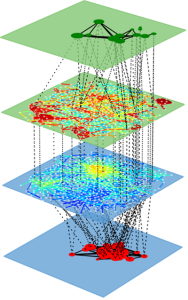
Multiplex networks
Mikko's multiplex networks software is available at http://www.mkivela.com/pymnet/. There are also some other software for analysing multiplex networks. For example http://muxviz.net , https://graph-tool.skewed.de.
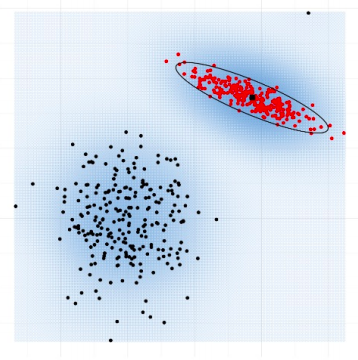
SideR
SideR can be found here: http://www.iki.fi/kaip/sider.html. Before coming to the hackathon, you need to have the following software installed before running sideR:
* R 3.4.0 or higher with the following packages which can be installed from CRAN (see https://www.r-bloggers.com/installing-r-packages/ for instructions): shiny, fastICA.
* A modern web browser such as Google Chrome.
We have tested sideR with a unix system (Mac OS X) but it should work in any system that has R with the above mentioned packages installed.
NB: R 3.4.0 includes somes substantial speedups to matrix computations which may affect the performance of the sideR. If you have an older version of R installed we therefore strongly recommended you to update to R 3.4.0 or newer!
An alternative to sideR is
tileR which can be found here https://github.com/aheneliu/tiler along with installation instructions.

Stan
To run Stan you need to install R (see above) with packages rstan and rstanarm. The former has the functions that are needed to run arbitrary Stan programs, whereas the latter has precompiled Stan codes for some of the most common regression models (like linear regression, logistic regression etc.) with easy-to-use interface.

Bring your own method/data
The three methods suggested above are just a starting point. If a group of participants wants to work on something else, this is of course possible. We have also prepare some data to use the methods above, but if you have your own data, please bring it with you and try to hack it with the methods presented.
